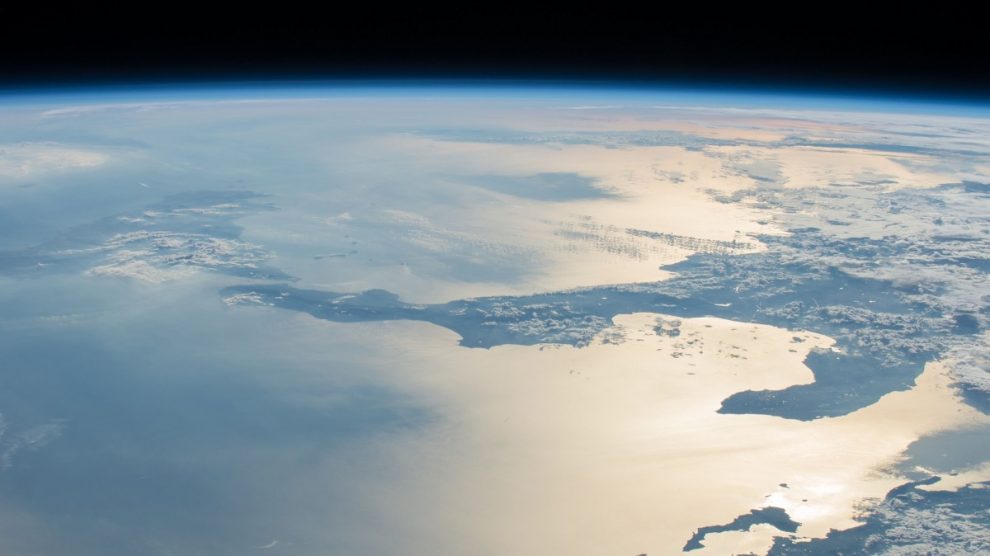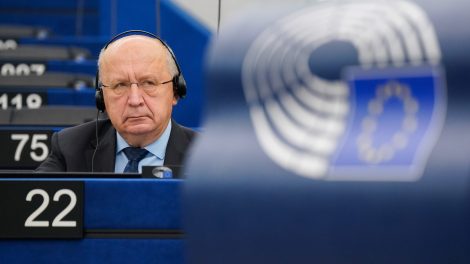A sea of connection. Speaking at the Med-Or Day in Rome on Thursday, titled “The History, Present, and Future of the Global Mediterranean”, Professor David Abulafia from the University of Cambridge described the Mediterranean as “essential to understanding the present,” yet increasingly marked by geopolitical fragmentation.
- “The Mediterranean is a meeting point of three continents, where the world’s three major religions—Judaism, Christianity, and Islam—were born,” said Abulafia, Emeritus Professor of Mediterranean History at Cambridge, at the event organised by Med-Or Italian Foundation.
- “It’s a sea that has facilitated—and still facilitates—connections, thanks to its particular geography compared to vast oceans,” he noted, framing the Mediterranean as a natural hinge between the Atlantic and Indo-Pacific.
- “Its long and narrow shape gave it tremendous historical importance. It’s a placid sea—not always calm, but relatively easy to cross—dotted with islands like Sicily and Sardinia, key fusion points of civilisations.”
Decoding the news. Italy sees the so-called “Global Mediterranean,” a term also recently used by Prime Minister Giorgia Meloni, as its primary geopolitical arena.
- Historically, the Mediterranean enabled trade and cultural exchange, even during conflicts, driving economic diversification and interdependence.
- Indeed, despite instability in the Middle East and North Africa, the region remains vital to global geoeconomic flows.
What we’re watching. “Different shores of the Mediterranean have different perspectives,” said Abulafia, “And what happens here today has global consequences,” he noted, citing the International effect of the Israeli-Palestinian historical fault.
- Eyes on migration, a top priority for Italy: “This is not a new phenomenon. It happened in the past, too. Sub-Saharan Africa has seen improvements in living standards, yet many young people still migrate due to a lack of opportunities. That’s why this issue will never truly end.”
- Referring to “denied opportunities,” Abulafia pointed to the Arab Spring, which began in Tunisia in 2011, as a key trigger of regional unrest.





